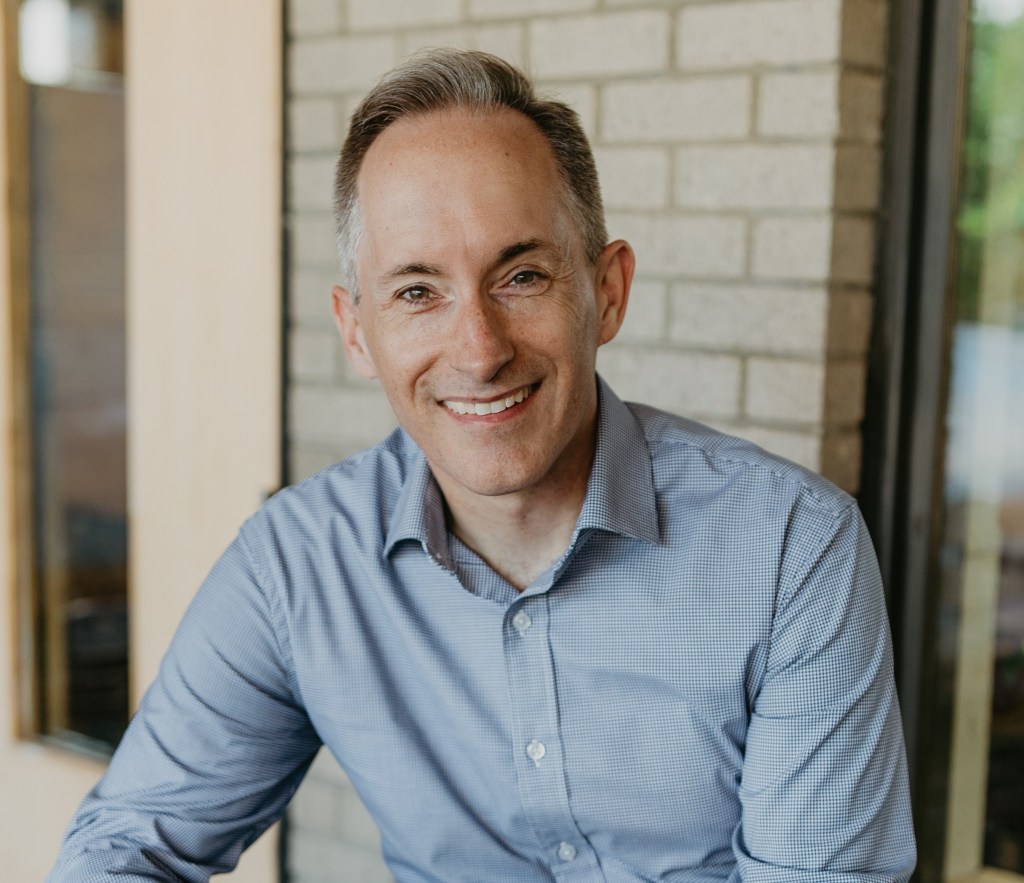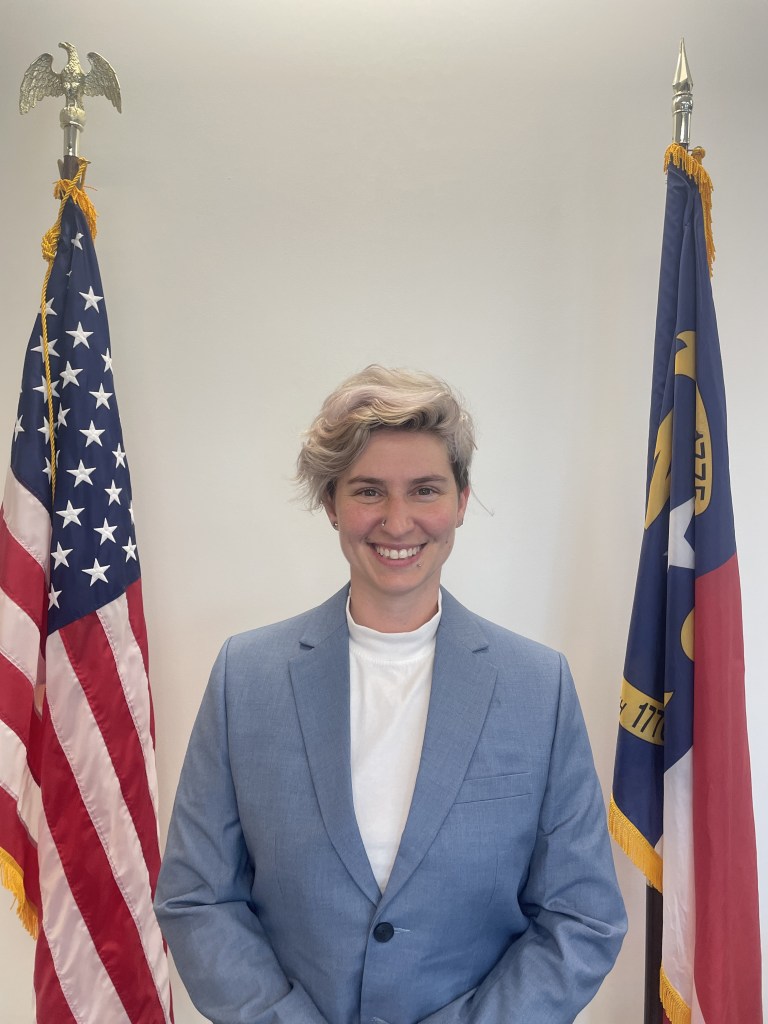With the start of early voting on Thursday, Durham voters have the option to maintain or make significant changes to the city council, with four of seven seats on the ballot. Whoever is elected will, over the next few years, make consequential decisions about the city’s future, and they’ll do so in an increasingly complex and fraught political climate. Council members will need to be focused on policy and able to work together strategically on the many fronts the city faces.
On the local level, the city has made progress on affordable housing, notably through new publicly supported developments downtown, but Durham—its residents, workers, small businesses, and natural environment—continues to feel the pressures of growth. Similarly, investments in the HEART program have contributed to improved community safety, but too many residents still experience gun violence on a regular basis.
At the federal level, the Trump administration has cut or otherwise thrown into uncertainty programs that benefit Durham and its residents and taken aim at policies the city often champions in its commitment to an equitable and welcoming community.
Durham’s next city council will influence the city’s growth well into the future through individual development votes and the rewrite of Durham’s Unified Development Ordinance, determine the next phase for the HEART program, and guide a burgeoning city/county strategic plan to end homelessness. They’ll need to pass a budget inevitably shaped by federal funding cuts. And they’ll need to navigate a political environment where the kinds of inclusive and progressive values the city proudly wears could put a target on its back.
The choice of who navigates these challenges now rests with Durham voters. We at the INDY have spent the past several weeks thinking about these choices as well, and here you will find our endorsements.
We considered which candidates had prior experience relevant to the role and who understood what the council can and cannot do, and what it is already doing. We looked for people who would come prepared to meetings, work well with other council members, and be diligent and receptive in their decisions.
We reached out to all 18 candidates and spoke to everyone we could. We talked to others knowledgeable about local government, reviewed voting records, watched candidate forums, and relied on nearly a decade of collective experience covering city council meetings ourselves. We talked it through until we reached a consensus.
Here are the INDY’s endorsements for Durham mayor and city council Ward 1, 2, and 3 seats.
Mayor
Leonardo Williams
In some respects the mayor is no more than the seventh member of the Durham City Council. The mayor’s vote carries no more weight than a single council member’s.
But mayor has additional duties to act as an ambassador for the city. The mayor needs to be able to talk policy with officials at all levels of government and advocate for Durham’s needs. The mayor needs to be able to bring people into the tent and build consensus. The mayor needs to be visible and energetic, a cheerleader for Durham.
In his two years as mayor, Leonardo Williams has demonstrated he can fill that role. Williams is an effective spokesperson for the city, accessible to constituents and comfortable in the spotlight. Williams has brought together community partners to expand services for youth and convened city councilors, county commissioners, and school board members together for new regular meetings. At a time when local governments face funding uncertainty and risk drawing political ire, a stable presence who can tactfully navigate the politics of the role feels especially important.
But while Williams has succeeded in this capacity, we do have strong concerns with his near 100 percent approval of development cases and his demeanor at times toward constituents in public hearings. While we do endorse him for a second term given his success in the mayor’s unique role as an advocate and representative of the city, we hope that if he earns another from voters, he will be more discerning on development cases and make genuine efforts to build goodwill with constituents who feel he does not currently represent them.
Educator Pablo Friedmann is a strong candidate. A current Durham Public Schools administrator and member of the Governor’s Advisory Council on Hispanic/Latino Affairs, Friedmann is knowledgeable about the issues facing Durham and how government operates. He is active in the community and has long been working behind the scenes to organize in Durham. But being mayor is not a behind-the-scenes job, and we’d like to see Friedmann gain more experience in appointed and/or elected roles.
Anjanée Bell—longtime dance educator, the state’s Arts in the Parks coordinator, and daughter of former mayor Bill Bell—brings a commendable bottom-up philosophy. But we don’t see the relevant policy chops we’re looking for in the city’s top official.
Other mayoral candidates: Lloyd Phillips, Rafiq Zaidi.
City Council Ward 1
Matt Kopac
Matt Kopac has a classic résumé for public office. He served on the city’s environmental advisory board for six years, including time as chair, and currently is a member of the Planning Commission.

On the Planning Commission, Kopac has deliberated over many of the same developments as the city council, asking thoughtful questions and offering pointed feedback to ensure community benefits and environmental protections.
He brings valuable experience in both environmental and economic fields. Kopac has worked for several years on sustainability initiatives, both as a consultant and in leadership positions at Burt’s Bees. He cofounded the Durham Living Wage Project, which pushed local businesses forward in providing workers with better pay.
Building climate resilience and managing growth are top priorities for Durham. Kopac has a dynamic set of skills and experiences in both the public and private sector, and we think he’ll be an energetic and prudent new voice on the council who won’t be an automatic yes or no on development votes.
We commend DeDreana Freeman’s passion and work, especially to advance racial equity within city operations. But public disagreements involving her and other officials have contributed to tension on the council. We—and we think many voters—are ready for the council to move on from the interpersonal conflicts that have punctuated the last four years in Bull City politics and instead put more energy into the issues the city faces.
Among other Ward 1 candidates, we were impressed that nurse and researcher Andrea Cazales brought a health focus to her platform and prepared for her run by attending council meetings for the past year.
Other Ward 1 candidates: Elijah King, Samaria McKenzie, Sheryl Smith.
City Council Ward 2
No Endorsement
The INDY has endorsed Mark-Anthony Middleton in the past two Ward 2 elections, and we continue to appreciate certain aspects about him, like his focus on Durham’s gun violence crisis, his adeptness at synthesizing policy, and his institutional knowledge from years of service.
Yet Middleton’s latest term has given us serious pause, both in his voting record and his approach to public input.
The frequency with which Middleton’s votes contradict constituents’ positions (and in the case of SCAD and the ceasefire resolution, historic community opposition) is troubling. His near-universal and typically swift support for development cases raises questions about whether he could push for more community benefits.
Equally concerning is the tenor Middleton has at times taken when responding to public commenters at council meetings, particularly in instances when he’s characterized them as either uninformed about municipal governance or activists who don’t represent everyday residents. His comportment has strained his relationships on council as well: in November 2023, former mayor Elaine O’Neal devoted her final remarks as an elected official to expressing regret over appointing Middleton as her mayor pro tem.
This is the first time Middleton has faced serious competition during a reelection bid. Unfortunately, neither challenger meets our bar for endorsement at this time. While Shanetta Burris brings relevant experience from political organizing and work on previous municipal campaigns, our research hasn’t convinced us she will have more productive relationships with council members. And while we respect Ashley Robbins’s experience and anticapitalist campaign (she’s refusing donations to highlight how money corrupts local politics), Robbins appears more focused on making a statement than actually seeking the office of city council.
Given these concerns, the INDY makes no endorsement in Ward 2.
City Council Ward 3
Chelsea Cook
Appointing Chelsea Cook to the Ward 3 seat left vacant when Leonardo Williams became mayor ranks among the Durham city council’s best decisions in recent years.

An eviction defense attorney who worked at Legal Aid before recently joining the faculty at Duke Law, Cook brings a ground-level view of Durham’s housing crisis to a council wrestling with growth and development.
She stands out among her colleagues as someone who asks incisive questions that often reveal overlooked policy implications. She does her homework without arriving at the dais with predetermined conclusions and acknowledges when issues fall outside her expertise while still engaging substantively.
Cook’s instincts for both listening and leading were exemplified by her first action on council introducing a resolution calling for a ceasefire in Gaza—not a safe choice for a newly appointed council member, but one that reflected clear constituent demand.
Her challengers in Ward 3 fall short by comparison. Diana Medoff, a former Duke School elementary teacher, has shown impressive energy on the campaign trail, but prior to filing, her record of civic engagement is thin.
Other Ward 3 candidates: Terry McCann, Durant Long.
Comment on this story at [email protected].
INDY editor-in-chief Sarah Willets, culture editor Sarah Edwards, and staff writers Lena Geller, Justin Laidlaw, and Chase Pellegrini de Paur contributed to these endorsements.
